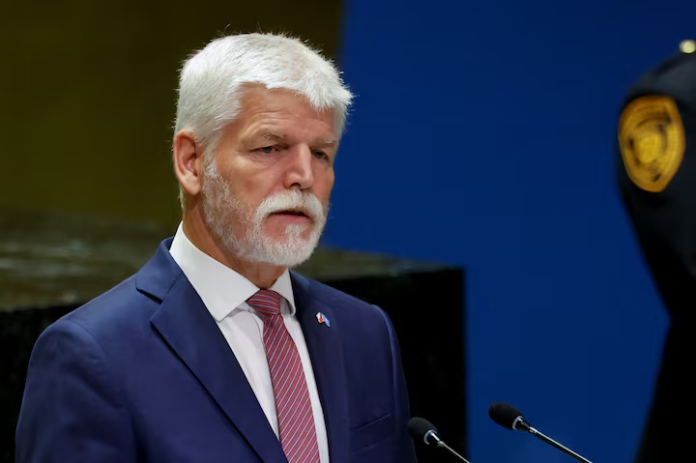The Czech Republic is set to hold parliamentary elections on 3-4 October, President Petr Pavel confirmed on Tuesday, according to Euractiv.
With polls showing a tight race and concerns mounting over potential foreign interference and domestic manipulation, the campaign is expected to be one of the most contentious in recent years.
Former Prime Minister Andrej Babiš and his ANO movement currently hold a commanding lead with 30.7% support, according to a May survey by STEM. The ruling Spolu coalition, led by incumbent Prime Minister Petr Fiala, lags behind at 20.2%, while the national-oriented SPD sits at 12.6%.
Smaller parties, including the STAN, the Pirates, and the Stačilo! party, are also projected to enter parliament, potentially complicating post-election coalition negotiations.
Fiala’s government, a coalition of Spolu and STAN, maintained a staunchly pro-European stance and strong support for Ukraine. In contrast, Babiš criticised EU institutions, NGOs, and media outlets while cultivating ties with Hungary’s Prime Minister Viktor Orbán and backing Slovakia’s PM Robert Fico.
Despite his Eurosceptic rhetoric, Babiš stopped short of advocating for Czech withdrawal from the EU or NATO.
His path to power depends on potential alliances with smaller parties. The SPD could be a kingmaker, though Babiš has so far refused to confirm any post-election partnerships. His business empire, Agrofert, continues to benefit from EU subsidies, raising persistent conflict-of-interest concerns that could sway undecided voters.
According to leaked Interior Ministry reports seen by Page Not Found, a majority of Czechs fear election tampering by their own leaders more than by foreign actors. Meanwhile, authorities are preparing for potential disinformation campaigns, engaging with tech firms like Meta and TikTok to curb fake news and bot-driven manipulation.
